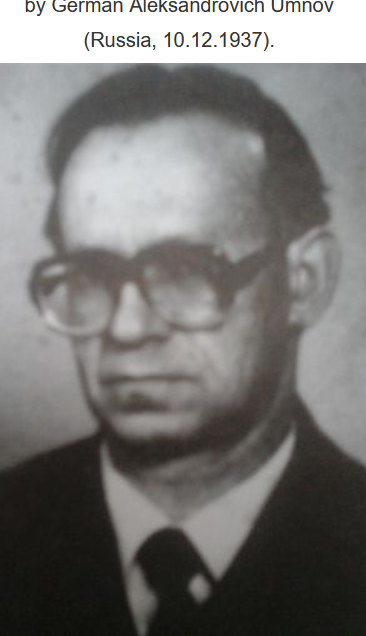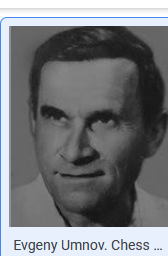Master's word
Little riddle: what do these two problems (a 3# and a mate in 6 with the help of Blacks) have in common, despite their 120 years of difference? Let's specify that the second one is much more difficult.


Here are two studies of German Umnov, composer born in 1937, who should not be confused with Evgeny Ivanovitch Umnov (1913-1989), great friend of the "lion" Loschinsky and author of a wonderful anthology of the chess problem in 3 volumes, from the 8th century to 1964, more than 1100 problems in total.
He offers us a first very simple ZZ, with the material R / B + P. But the second one is another pair of handles. Of cybernetic origin, this study was proposed by Anand in Bastia (according to J.-C. Galli) in 2002. Karpov, Shirov and a few other tenors dried on it, notwithstanding the Corsican wine and a few other sweets.
Clearly, this is one of the positions that impressed Anand most in his entire life as a chess champion. Although I don't share -- by far -- his qualities, I must say that I am in the same case. At the moment, I am approaching 10 hours of analysis (assisted by fritzoid) and I am just beginning to understand her, and therefore to appreciate her. But every time I capture it, I discover new finesses. So, at some point, I must stop the expense, as we say colloquially, and give you the state of the situation, it's up to you to correct me...
An attacking game of a "sacrifice obsessed" who never ceases to delight us. It lasts only 13 moves (the first 20 having already been played 5 years earlier in Lyon) but seems longer, especially with the virtual game. To the White player, as to his predecessor Tal, can apply the sentence: "We are all born crazy; some remain so" (S. Beckett).
Have a good read. May God bless you.
Add a comment